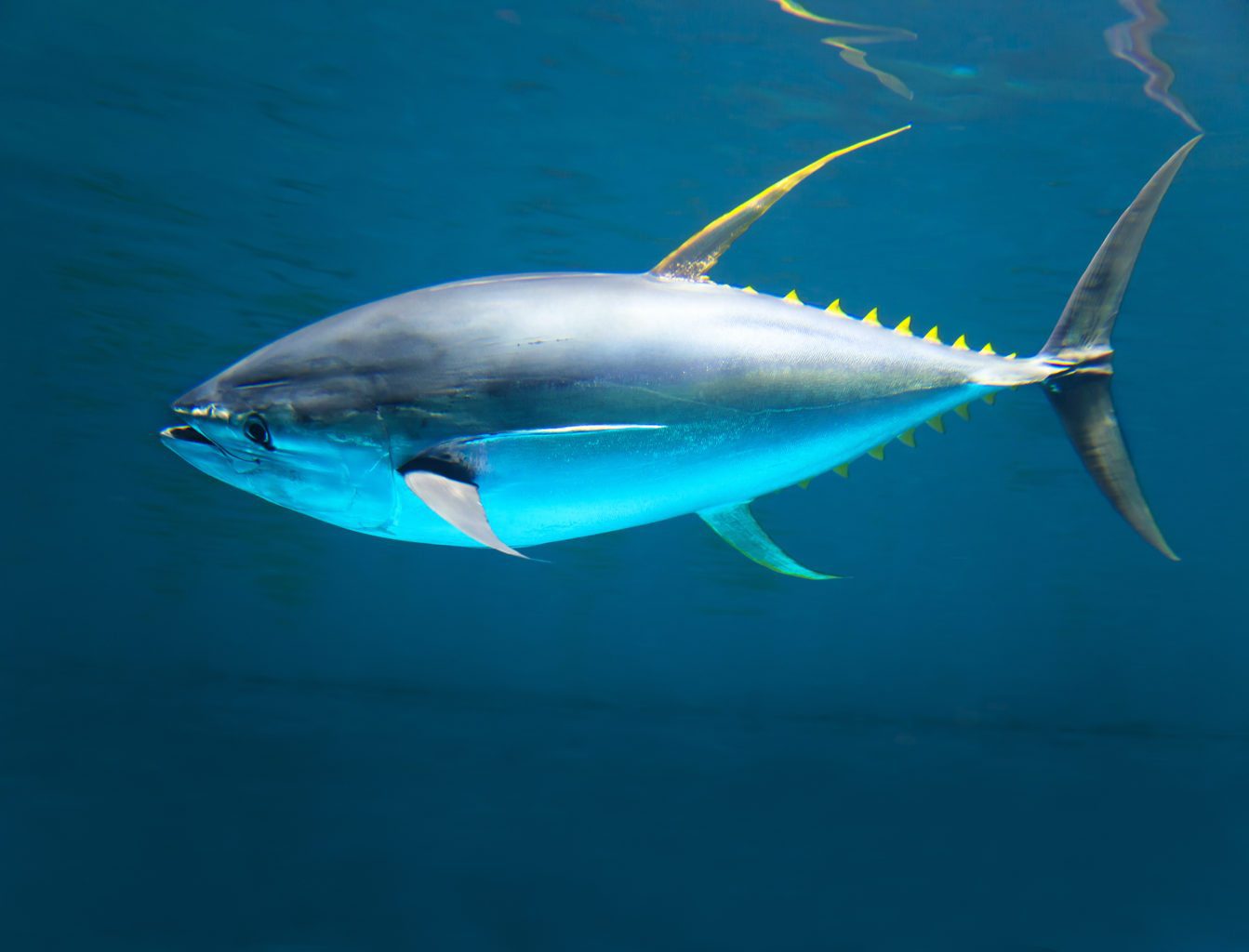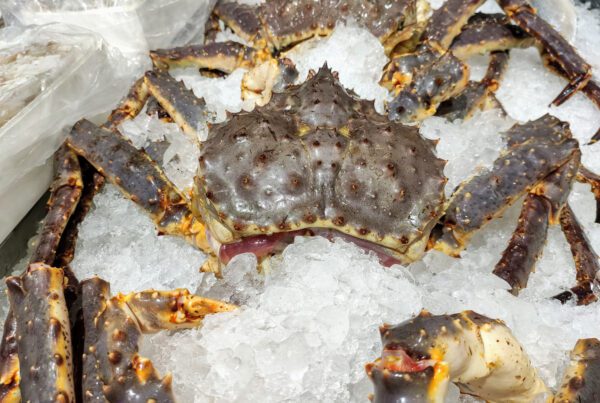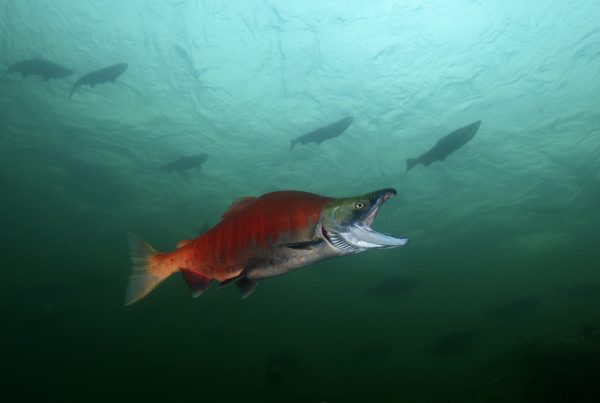As the tuna industry in the Solomon Islands continues to grow, new guidelines and regulations work alongside local fisheries to improve infrastructure and ensure catches meet specific regulatory measures to maintain sustainability. The transport and quality of these shipments are paramount to the success of the industry, and it’s critical that timing, delivery and packaging are closely controlled to ensure their value. Interestingly, on these shipments, traditional voyages to Los Angeles are often more costly leading most containers to deliver in New York.
The growth of the tuna industry in the Solomon Islands hasn’t been a rapid process, as each boom is carefully weighed against the environmental impact and quality of the catch. The Solomon Islands has worked closely with the PNA (Parties to the Nauru Agreement) which includes all Pacific Island fishing nations in the Western and Central Pacific Basin. The goal of the PNA is to both assist members in maximizing the economic impact and push for effective conservation management for the good of the whole group. In the Solomon Islands alone, 2016 saw 800 new jobs and increased profits from the Noro off-loading site in the Western Province.
These efforts have led the Solomon Islands to achieve MSC certification that recognizes skipjack and yellowfin catches are in line with MSC’s rigorous standards

for sustainability and come from well managed stocks. Nearly 842,000 metric tons of tuna caught in 2015 was eligible for the certification, representing 16% of total catches. That number is expected to rise, year over year, as demand for MSC certified tuna in North America, Australia, New Zealand and Europe continues to grow.
Transporting MSC certified tuna with the added respect it warrants as a verified sustainable fishery, allows CFI to contribute positively to the Global desire to protect wild fisheries. We applaud our client’s continued commitment to responsible practices and work diligently to coordinate their cargo needs as canned tuna, frozen-cooked filets, fish meal and oil make their journey out from the Pacific and into the US East Coast.
Understanding the intricacies of shipping each commodity is part and parcel of providing expert guidance to our customers at CFI. Working with carriers with whom we have a strong relationship and mutual understanding of the coordination required to move frozen cargo enables us to find the best value in the voyage. As cargo from the Solomon Islands is easier to ship to the US East Coast, we can coordinate with distribution needs in New York and schedule journeys to best benefit our clients and their customers. If you’d like more information on the ways CFI works with customers to improve their supply chain, please contact your CFI representative.
Useful Links.
http://www.solomontimes.com/news/maintaining-a-tuna-industry-in-solomon-islands/7662
http://www.frozenfoodeurope.com/solomon-islands-tuna-gets-msc-certification/
http://www.franciscoblaha.info/blog/2015/7/23/the-canned-tuna-fishing-industry



